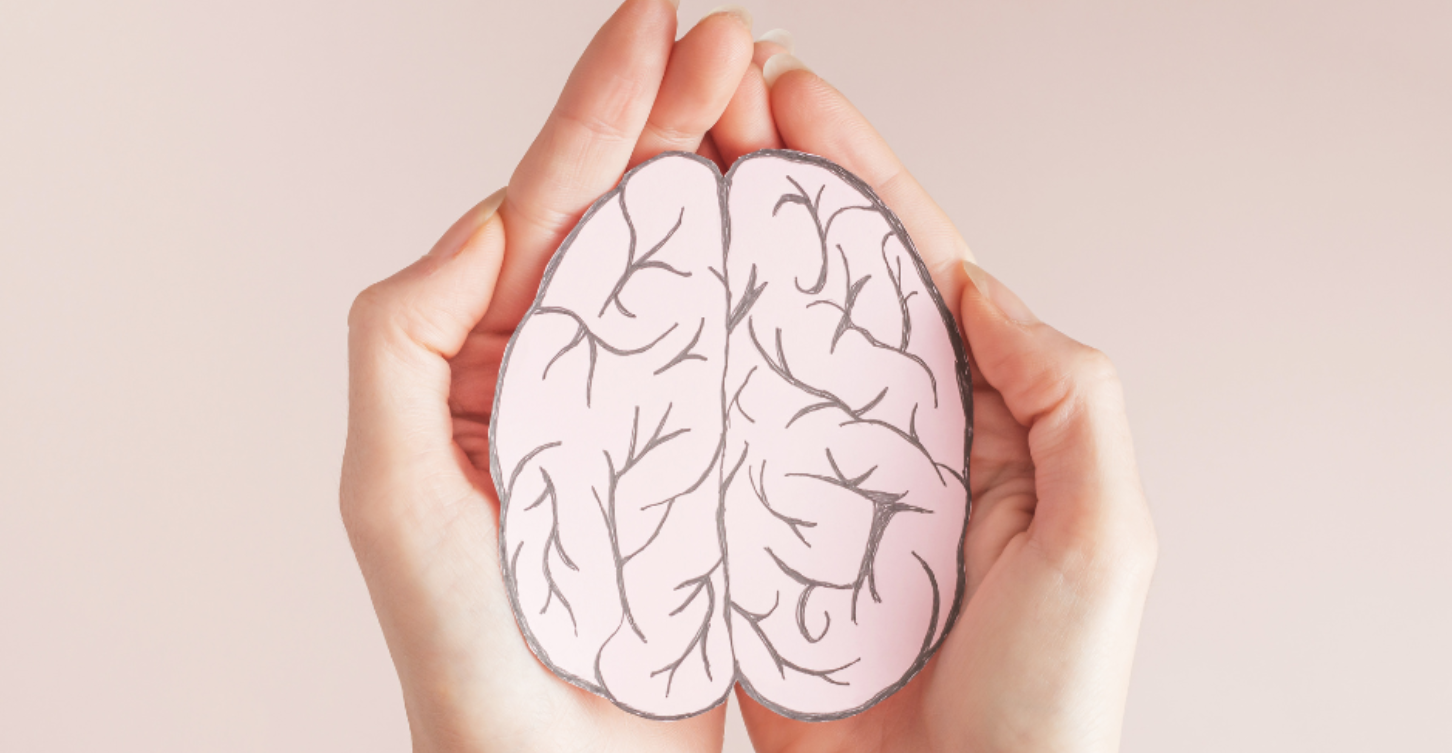6 Ways to Keep Your Brain Healthy for Lifelong Vitality
April 16, 2024
Categories: Healthy Living, Neuro
As people age, changes happen all over the body, including the brain. While we often think of exercising our physical bodies for things like muscular, bone and cardiovascular health, paying attention to our brain is just as important.
At Tallahassee Memorial HealthCare, we want to educate our community on preventative measures to keep you and your family as healthy as possible. From preventing stroke to decreasing your risk for Alzheimer’s and other dementias, nurturing your brain is something everyone can – and should – keep a priority. Here are six ways to keep your brain in tip-top shape:
1. Get 8-10 hours of quality sleep per night.
Sleep is one of the most important things for brain and overall body health. Quality sleep is essential to form and maintain pathways to keep your brain healthy. Sleep provides an opportunity for your neurons – nerve cells that send messages throughout your body to help you do various activities like breathing, walking, talking, etc. – to take a break and refresh before using them again.
Sleep also plays a big part in learning and memory: your brain processes complex information and memories while you sleep. It solidifies memories that you make during the day, connecting them with older memories.
Tips for getting the best sleep include:
- Stay consistent on bedtime and wake up time.
- Avoid big meals near bedtime.
- Turn off screens at least one hour before bedtime.
- Keep your room cool, quiet and dark.
2. Exercise for 150 minutes a week.
Exercise helps boost memory and thinking skills and encourages the production of growth factors, which support healthy brain cells. Keep these exercise facts in mind:
- Adults should aim for 150 minutes of moderate exercise, or 75 minutes of vigorous exercise, every week. That’s about equal to a 20-minute daily walk.
- Exercise can decrease anxiety by releasing special neurotransmitters into your brain.
- Studies show that regular exercise can reduce the risk of developing dementia and Alzheimer’s disease.
3. Eat like you’re in the Mediterranean!
Diet can play a big role in brain health. The Mediterranean Diet is rich in nutrients important for brain health. This diet is also shown to decrease heart disease, insulin resistance and inflammation.
Components of the Mediterranean Diet are:
- Rich in plant food like vegetables, fruits, legumes, nuts, olive oil and whole grains
- Promotes eating fish and shellfish, especially fish high in omega-3 fatty acids
- Limited in red met and highly processed foods, added sugars and saturated fat
4. Train your brain for mental agility.
Increasing your mental agility by challenging yourself with puzzles and brain teasers is not just fun – it helps keep your brain healthy. These can improve memory, focus, concentration and reaction time just by playing them regularly. They are also helpful in combating the onset of dementia. Here are some of our favorite games to keep your mind sharp:
- Sudoku
- Scrabble
- Crossword puzzles
- Jigsaw puzzles
- Chess
- Trivia and quizzes
If you or a loved is concerned about a memory disorder, including Alzheimer’s disease, medical attention is necessary. For more information about brain health, please call the Tallahassee Memorial Memory Disorder Clinic at 850-431-5001 or visit our website.
5. Stay Social
Connecting with others and participating in social activities keep your mind agile and improve cognitive function. Individuals with more social ties have found to have better health, live longer and be less depressed. Being socially engaged can exercise cognitive skills like memory and language, developing your cognitive reserve - your brain’s capacity to think quickly and solve problems – which helps cope with the effects of aging.
Whether spending time with friends and family or participating in a club, church or volunteer organization, it’s important for everyone – no matter their age – to maintain social connectedness by having face-to-face time with others.
6. Routinely Visit the Doctor
Visiting your doctor regularly is critical to ensuring your brain health and overall wellness.
Health conditions like blood pressure, blood sugar and cholesterol have an impact on the health of your brain. Lowering blood pressure lowers the risk for mild cognitive impairment, a risk factor for dementia.
Blood sugar can affect the blood vessels in your brain if it is too high or low, leading to your brain not properly functioning. Irregular cholesterol patterns have been known to cause the formation of misfolded proteins found in between nerve cells in the brain found in individuals affected by dementia. Higher levels of cholesterol are also linked to strokes as it leads to plaque build-up in the arteries.
Annual check-ups can help prevent or identify conditions that may lead to a stroke, heart attack or other life-threatening illness. Routine exams and screenings every adult should consider include:
- Annual wellness exam with a primary care provider
- Annual pelvic (gynecology) exam for women
- Annual dermatologist (skin) exam
- Annual flu shot and other vaccinations
- Biannual dental (oral) exams
- Routine mammograms after 45* for women
- Routine colonoscopies after 45*
- Routine eye exams
*Some doctors may recommend these screenings earlier based on family history, genetic testing results or symptoms. Consult with your doctor about the best time to start.
At Tallahassee Memorial HealthCare, we offer the most advanced and comprehensive neuroscience program in North Florida and South Georgia, offering patients a multidisciplinary approach to brain health. To learn more about how we care for your brain, visit TMH.ORG/Neuro.
